Service hotline
+86 0755-83044319
release time:2024-08-20Author source:SlkorBrowse:5892
Diodes are fundamental components in electronic circuits, serving essential roles across a broad range of applications. This article delves into the characteristics, parameters, and applications of diodes, providing crucial information for procurement and engineering teams in the consumer electronics industry. Understanding the intricacies of diodes is vital for optimizing electronic designs and ensuring the reliability of electronic devices.
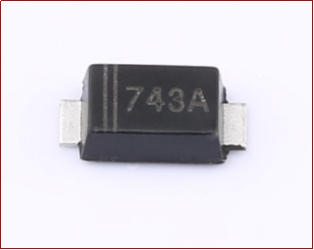
SLKOR 1SMAF4743A Zener Diode SMAF
What is a Diode?
A diode is a semiconductor device that allows current to flow in one direction only. This unidirectional behavior is achieved through the use of a p-n junction, which forms the basis of the diode's operation. When forward-biased, the diode conducts current, whereas it blocks current flow when reverse-biased. This characteristic makes diodes essential in rectification, signal modulation, and protection circuits.
The concept of the diode dates back to the early 20th century. The first practical diodes were the vacuum tube rectifiers, which were later succeeded by semiconductor diodes in the 1950s. The advent of silicon technology further enhanced the performance and reliability of diodes, leading to their widespread use in modern electronics. Today, advancements in materials and manufacturing techniques continue to evolve the diode technology.
Diodes exhibit several key characteristics that are crucial for their operation and application:
Understanding these characteristics is essential for selecting the right diode for specific applications and ensuring optimal performance in electronic circuits.
When evaluating diodes, several key parameters should be considered:
These parameters are critical for ensuring that the diode performs reliably within its specified limits.
Diodes play several vital roles in electronic circuits:
These roles demonstrate the versatility and importance of diodes in both analog and digital electronic systems.
Diodes are utilized in a wide array of applications, reflecting their versatility and functionality:
Each application leverages specific properties of diodes to enhance the performance and reliability of electronic devices.
Several reputable companies are known for their high-quality diodes:
These manufacturers are key players in the semiconductor industry, contributing to the development and supply of high-quality diodes.
Understanding the fundamentals of diodes is essential for procurement and engineering teams in the consumer electronics industry. From their development history and characteristics to their parameters, roles, and applications, diodes are integral components in modern electronic systems.
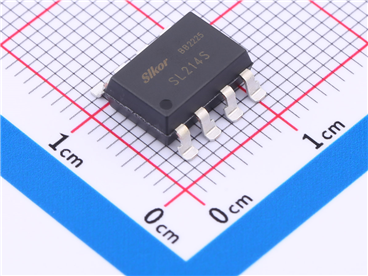
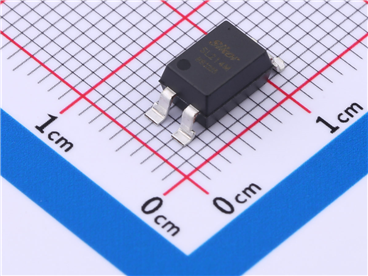
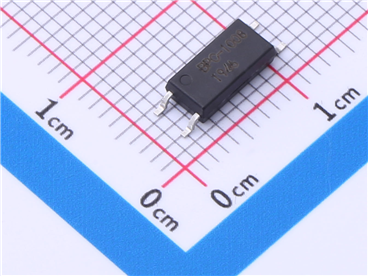
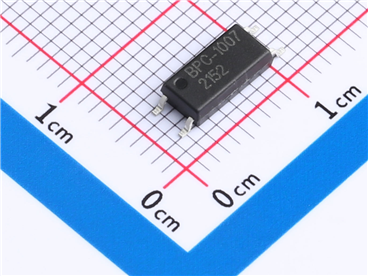
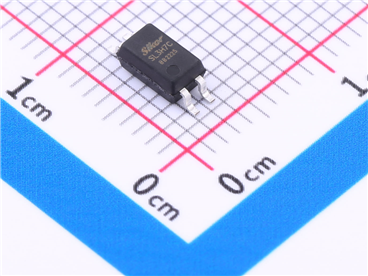

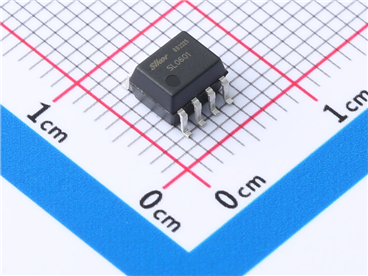


Site Map | 萨科微 | 金航标 | Slkor | Kinghelm
RU | FR | DE | IT | ES | PT | JA | KO | AR | TR | TH | MS | VI | MG | FA | ZH-TW | HR | BG | SD| GD | SN | SM | PS | LB | KY | KU | HAW | CO | AM | UZ | TG | SU | ST | ML | KK | NY | ZU | YO | TE | TA | SO| PA| NE | MN | MI | LA | LO | KM | KN
| JW | IG | HMN | HA | EO | CEB | BS | BN | UR | HT | KA | EU | AZ | HY | YI |MK | IS | BE | CY | GA | SW | SV | AF | FA | TR | TH | MT | HU | GL | ET | NL | DA | CS | FI | EL | HI | NO | PL | RO | CA | TL | IW | LV | ID | LT | SR | SQ | SL | UK
Copyright ©2015-2025 Shenzhen Slkor Micro Semicon Co., Ltd